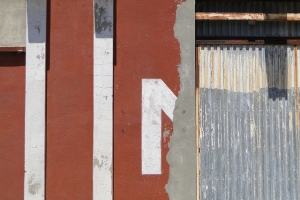Support migrant centric journalism today and donate

 • Media Center » Video Immigration News
• Media Center » Video Immigration News
The European Commission's recent proposal for a "blue card" to attract highly skilled talent from outside the European Union has garnered some unlikely supporters.
France, Italy and Spain, the southern EU states most affected by illegal immigration, are backing the plan.
"We need to have integrated (EU) policies, not only in fighting illegal immigration but also ... to channel in an orderly fashion immigrants who come to work on the EU territory," said Spanish Secretary of State for Migration, Maria Consuelo Rumi Ibanez.
France's ambassador to the EU also praised the blue card as a move forward in attracting highly skilled migrants to the 27-member bloc. Italy also supports the plan.
However, Austria kept the proposal at arms length, with Interior Minister Gunter Platter stating that his nation "should exercise due caution not to produce unwished for further migratory flows."
He said that each EU nations should be responsible in determining the amount of immigration into their countries and that preference should be given to EU workers.
Finland Immigration Minister Astrid Thors wondered how a scheme could work which -- as one of its main features -- allows a highly skilled migrant to move from one EU nation to another, when each EU state wants to control the amount of migration over its borders.
Franco Frattini of the European Commission stated that highly skilled migrants only accounted for 0.9 percent of the EU labor force, compared with 9.9 percent in Australia and 3.5 percent in the United States.
The blue card, inspired by the US green card, would require a qualified highly skilled migrant to have a job offer for at least one year, a salary three times the local minimum wage, and health insurance. It would be valid for an renewable period of two years. After two years, a blue card holder could move to another EU state.





















